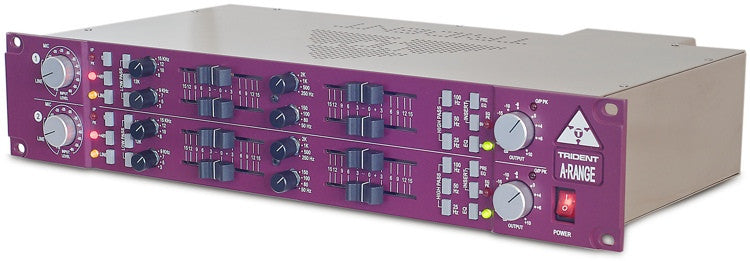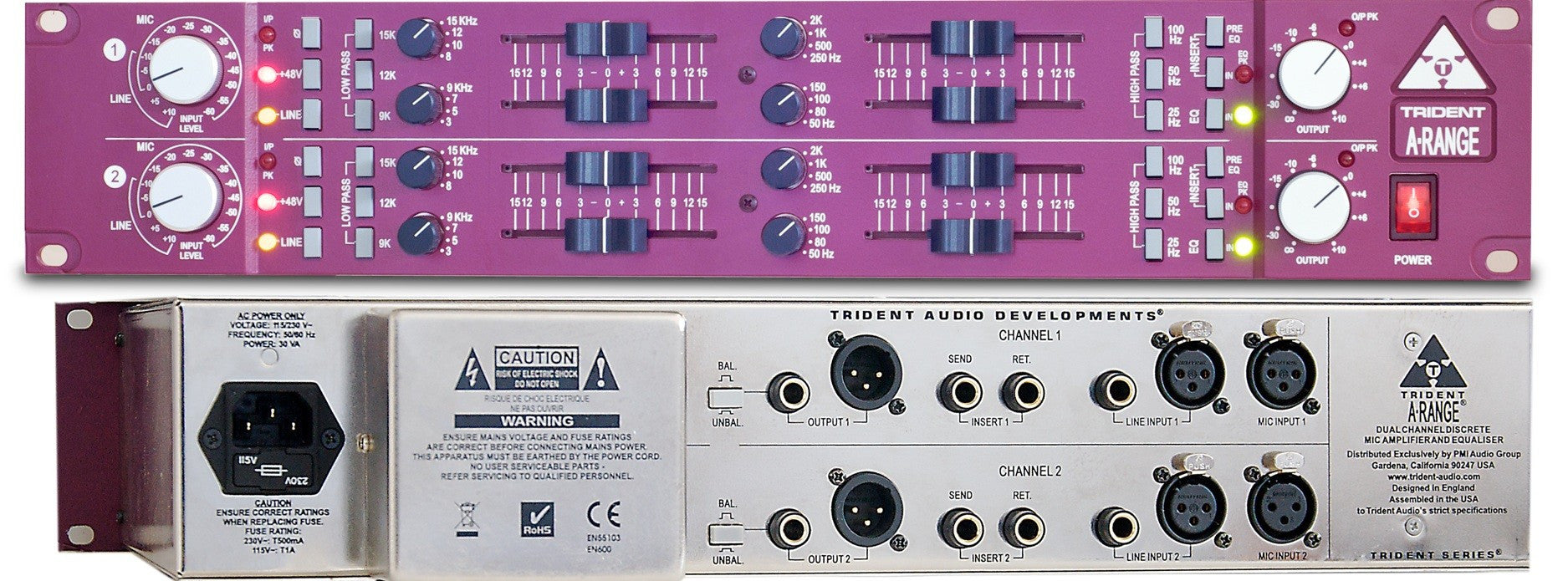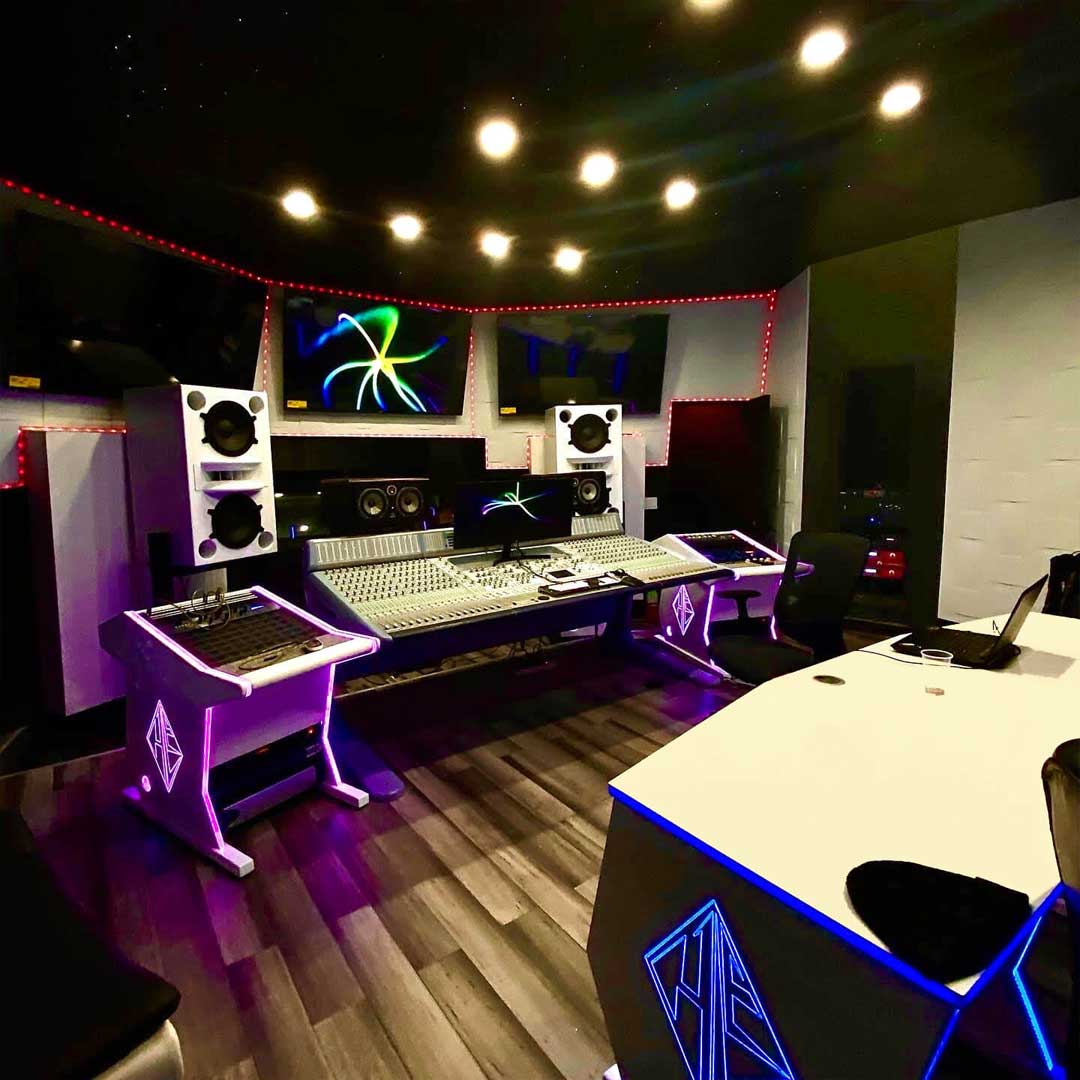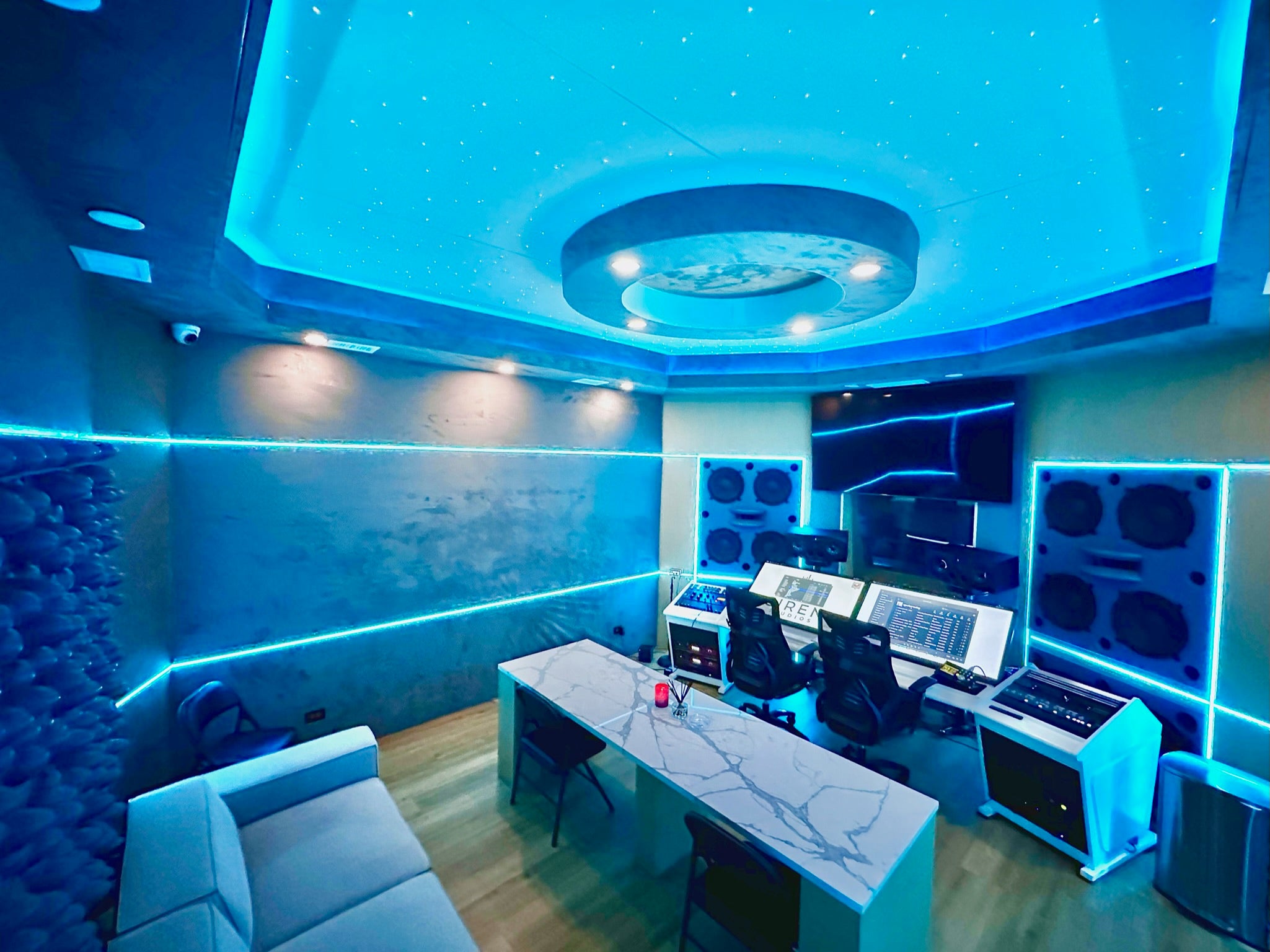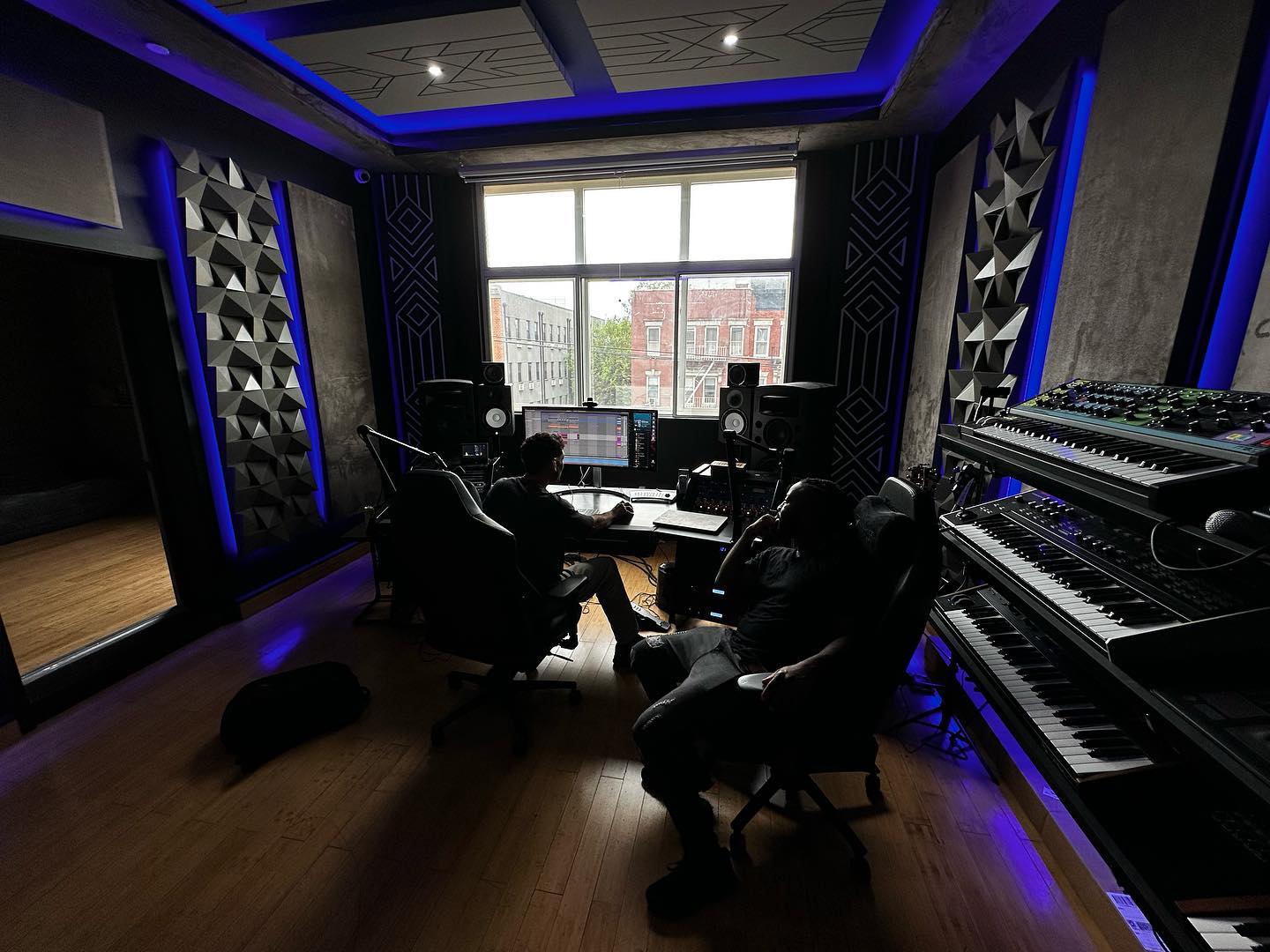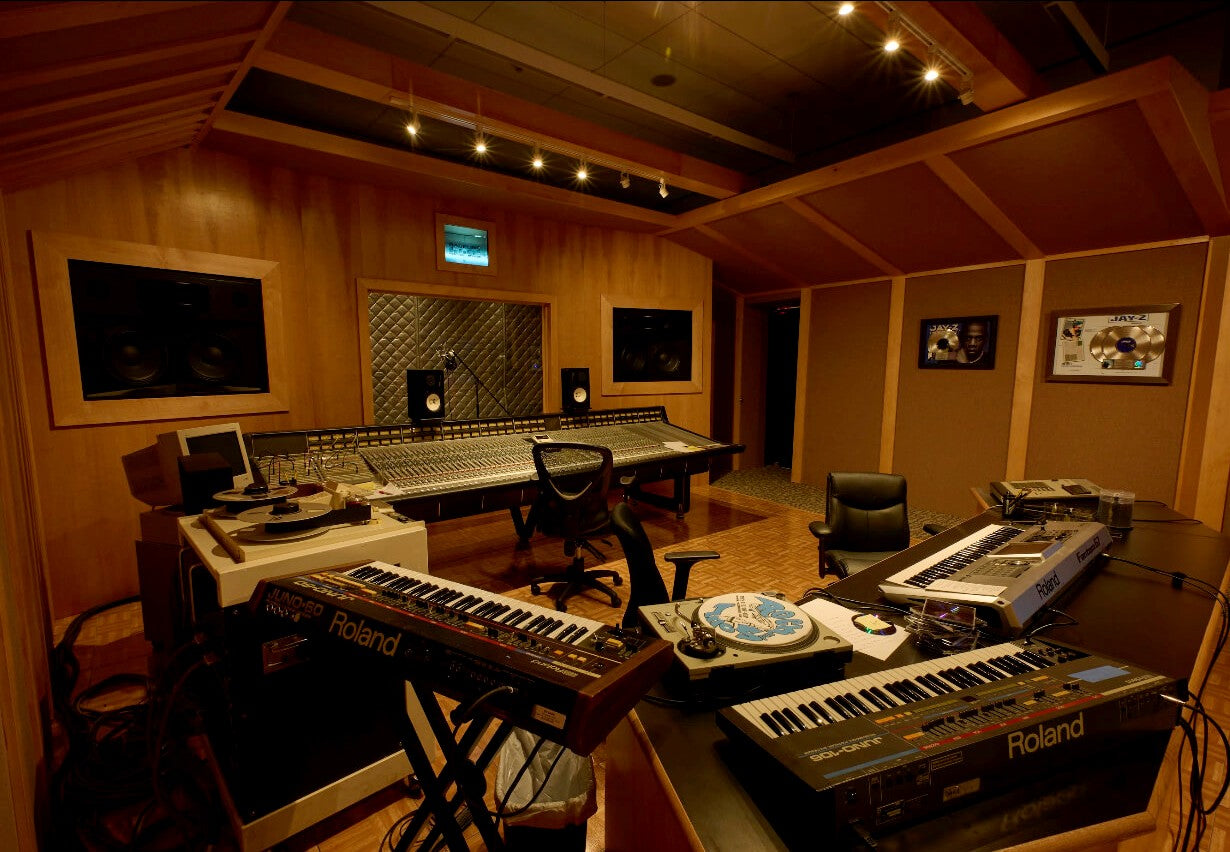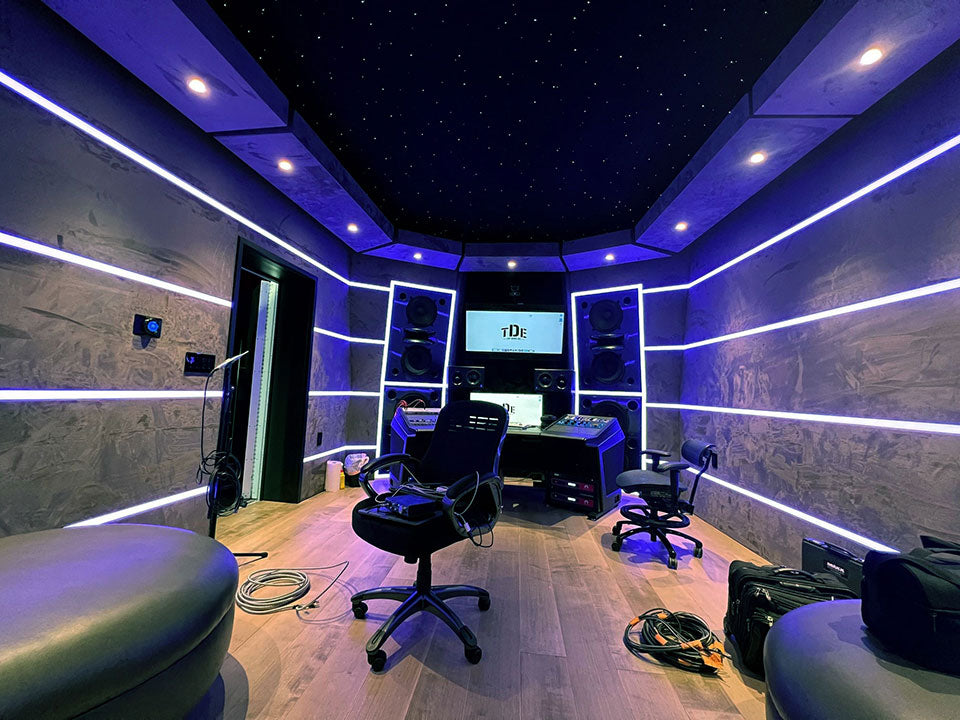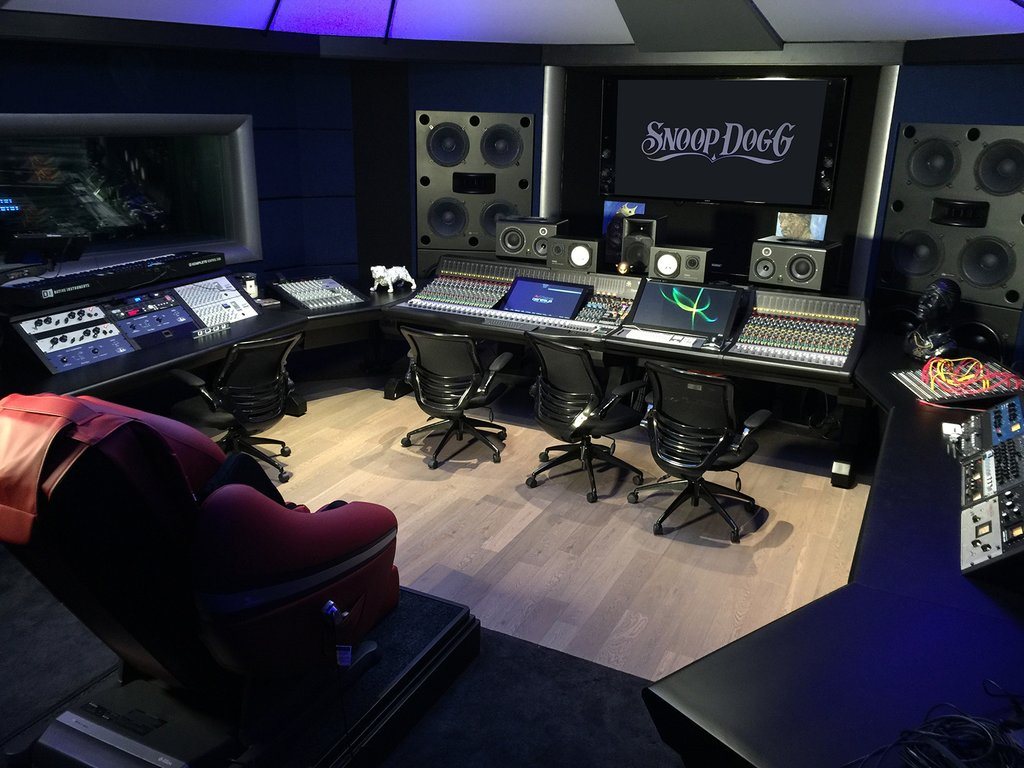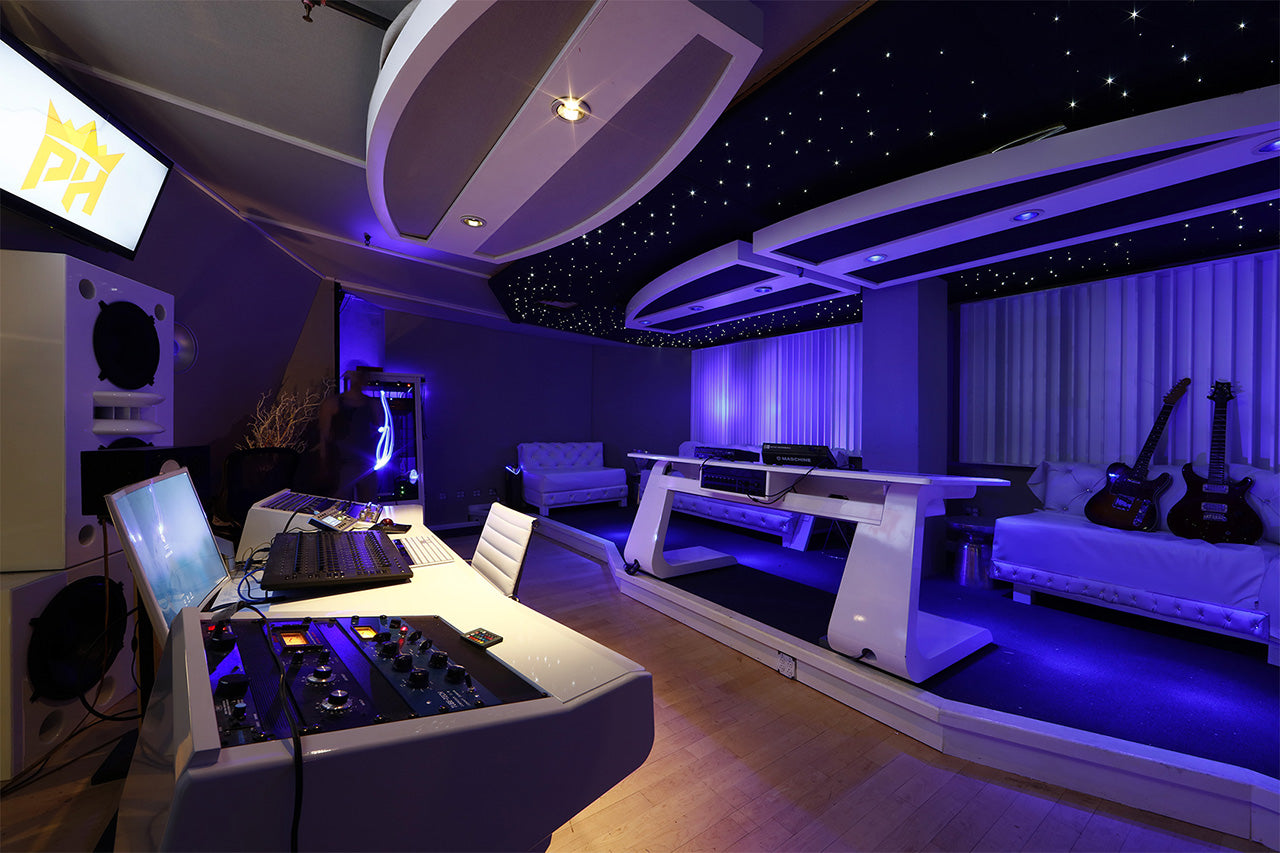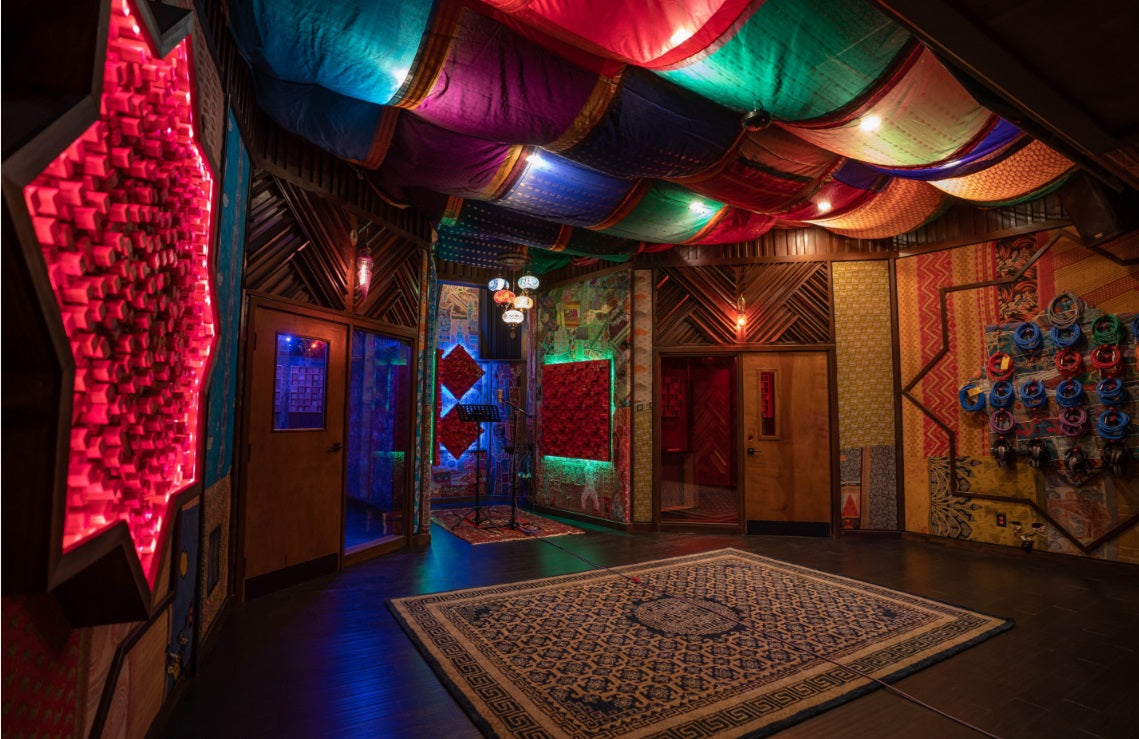The A-Range is a 2-channel rack-mountable version of the legendary Trident 'A' Range console. Comprising two independent channels, each with a microphone/line amplifier and four band equaliser, it is designed to process level instrument and incoming signals from a microphone or line level instrument and output to a recording device, such as a digital audio workstation or analog multi-track tape recorder.
In 1972 Trident Studios decided to buy a new recording console and decided to build one themselves. The first console was designed purely for Trident Studios and was designated the A-Range . It was hand-built to the standards Trident set. In those days, the integrated circuit (or 'chip') had not been invented, so all of the circuits used individual transistors (known nowadays as 'discrete' design). This and the use of inductors in the lower and upper mid equaliser sections are said to account for much of the unique sound of the A-Range. From this first successful design was born Trident Audio Developments Ltd, which went on to become a leading manufacturer of music recording consoles. One of the company's earliest advertising slogans was 'designed by recording engineers for recording engineers'. This became a key component of what made the 'Trident Sound' unique.
The 2-channel A-Range rack unit is an exact replica of the original all-discrete transistor circuitry and faithfully follows the original console's design. So much so that it has taken three years of circuit analysis and testing by PMI Audio Group who undertook the mammoth task of recreating the circuitry. Trident Audio Developments and PMI Audio are extremely pleased and proud to offer this unique piece of recording history. Only thirteen A-Range consoles were ever built and a number are still in use today despite being nearly forty years old. This says a lot about the heritage of these iconic items of recording equipment and the artists that have used them, which include Elton John, Dire Straits, David Bowie, Rod Stewart and Stevie Wonder to name but a few.
